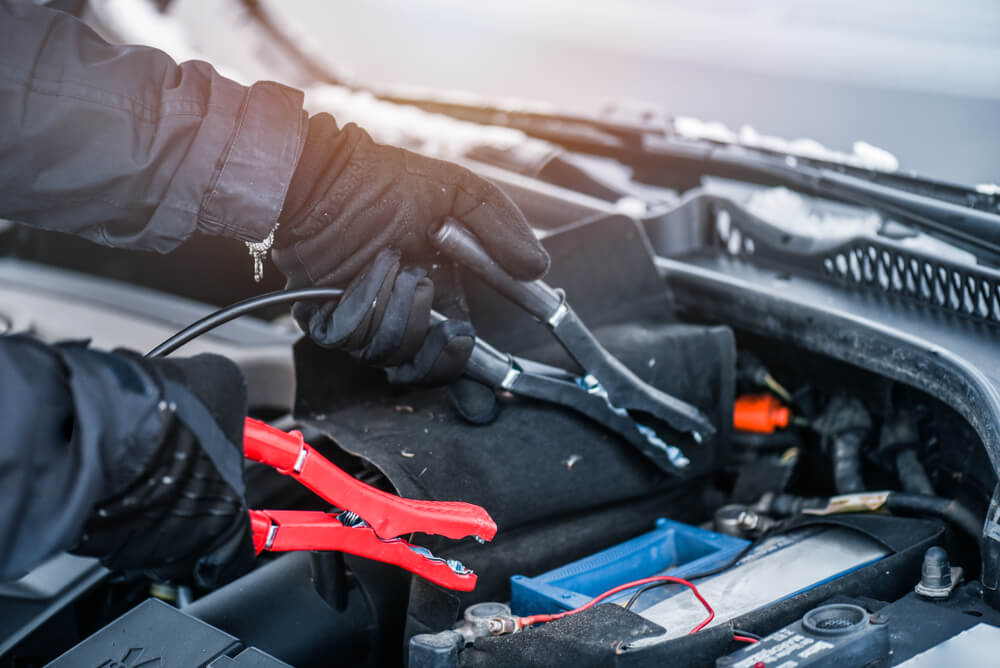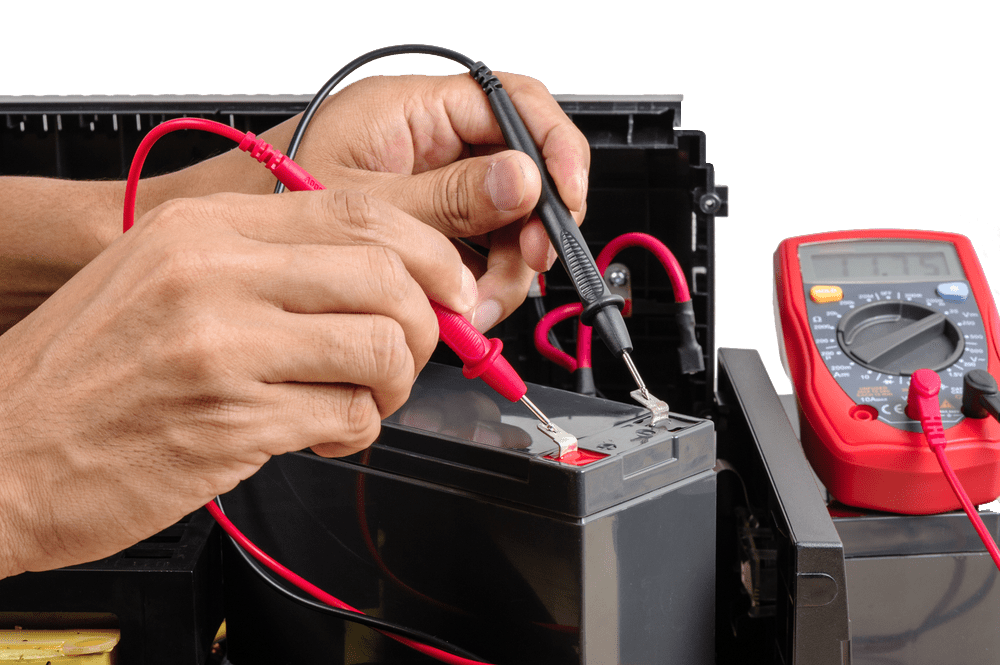- 4 Oct 2022
How Do You Keep Your Car Battery From Dying When Not in Use During Winter?

Generally, a car battery can last anywhere from three to five years. So if your vehicle is older than this, you should have it tested and replaced if required, especially coming into the winter months.
Cold weather is so harsh on car batteries, the market grows most during the winter. If you don’t want to run into issues with your battery next winter, there are a few things you can do.

Check the Lifespan
If your battery is older than four or five years old, it could be nearing the end of its life. The date your battery was shipped from the manufacturer is typically stamped or engraved on the top or side of the battery, depending on the manufacturer. Look for a letter and a digit, with the letter indicating the month the car battery was manufactured and the digit indicating the year it was manufactured.
Corrosion Removal
If your battery is damaged, battery acid can leak and corrode the areas around it. This corrosion can also prevent your car from cranking. You can watch for corrosion by frequently checking your car battery. A car battery can die in cold weather if corrosion is not cleaned off. If the problem is too severe to simply clean it off, you need to get a replacement battery.
Limit Usage of Electric Accessories
If you tend to have a lot of technological accessories in your car, this may be affecting the lifespan of your battery. When other items are using your car’s energy, the power produced by the alternator can slow the battery charging process or prevent it from charging altogether. Limiting the usage of the electric components of the vehicle helps protect the battery during winter.
Rather than getting caught in the cold with a dead battery, visit SW Batteries for a completely free battery test. With a quick diagnostic check-up, you can find out just how much life your battery has left and when you may need a new car battery.











